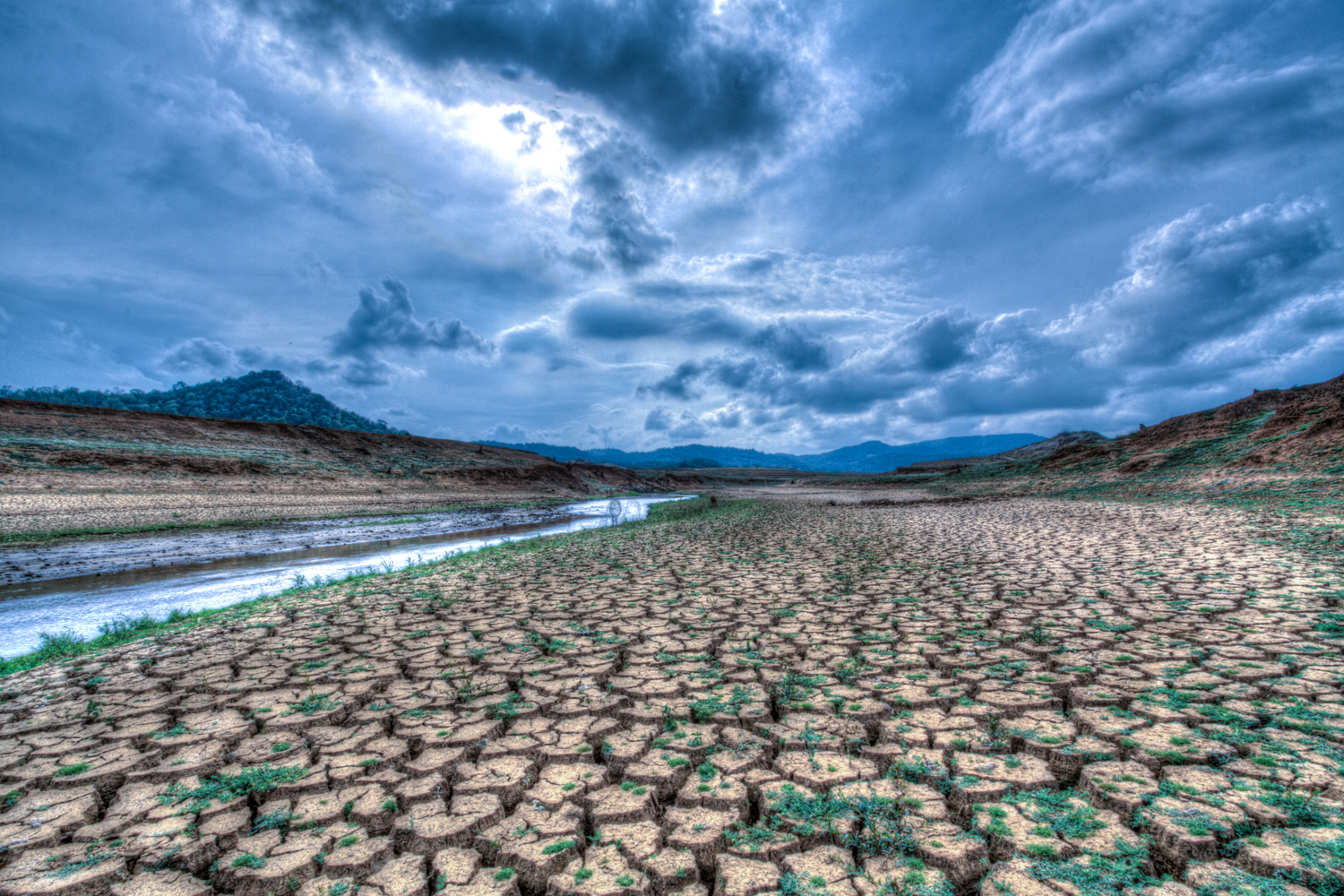
Every year, the signs of a climate crisis grow more apparent, and the mental health toll can be traumatic. Both parents and young people alike are experiencing the trauma and anxiety that can associated with climate change. Psychiatrist Lise Van Susteren coined the phrase “pretraumatic stress disorder” (in contrast to post-traumatic stress disorder or PTSD) to describe the fear that many individuals are experiencing about disasters yet to come, and the mental health effects related to climate change extend beyond disasters such as hurricanes and wildfires.
Experts predict a sharp rise in mental health issues such as depression and anxiety, posttraumatic stress disorder, substance abuse and suicide, in addition to outbreaks of violence, resulting from coming climate crises. Whether you call it climate anxiety, eco-anxiety, or just a plain, old sense of impending doom, the mental health effects resulting from climate change evidence are unique in that they’re impossible to isolate or assign to any one source and they're never-ending. It’s a perpetual state of stress that our minds and bodies are not equipped to sustain.
Parents, for example, are naturally inclined to protect their children in the face of tangible danger, like an oncoming car or a potential fall down the stairs, and quickly react in order to pull them to safety. But how are those parents supposed to handle that heightened moment of anxiety, stress and fear when it’s the constant state of the world threatening their kids’ well-being and futures?
In a 2021 global survey of 10,000 people, ages 16-25 and from 10 different countries, 45% of those surveyed indicated that “their feelings about climate change negatively affect their daily life and functioning.” Further concerning many mental health professionals is the fact that many of these young people consider themselves climate activists who feel overwhelming hopelessness anyways, even while engaging in various activism activities.
The good news is that many counselors observing this kind of struggle in their clients are now specializing in “climate awareness” to better address the psychological impacts of the climate crisis. Kelsey Hudson, a counselor in the Boston area, uses the term “climate distress” to describe her patients because it “shouldn’t be viewed as a diagnosis, but rather a normal and rational response to an existential crisis.”
Cirecie West-Olatunji, a Professor of Counseling at Xavier University of Louisiana and past president of the American Counseling Association, provided disaster mental health assistance in the aftermath of Hurricane Katrina and emphasizes how critical it is for professional counselors to recognize the importance of climate change as it relates to their counseling work.
Counselors can assist communities in building climate resilience by using their skills as facilitators to bring people together and help them work effectively as a group. Families and neighbors can form support groups and engage in initiatives and daily tasks focused on collective well-being. They can do things like advocate for community needs, such as the right to clean water, or something more fun, such as establishing neighborhood gardens.
The key parts of this are the focus on bringing people together (rather than relying on individual action and activism alone which can be overwhelming), identifying their strengths, and helping them develop resilience and the ability to adapt—three things that are at the heart of the counseling profession.